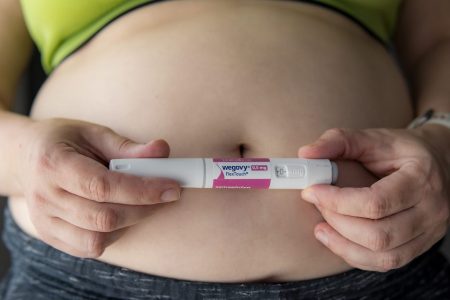A large-scale US clinical trial dubbed VITAL has revealed that vitamin D3 may help slow biological ageing, potentially delaying the onset of age-related disease. The findings, published in the American Journal of Clinical Nutrition, and reported by SciTechDaily, draw on data from a VITAL sub-study led jointly by researchers at Mass General Brigham and the Medical College of Georgia.
They examined 1,054 participants from a pool of nearly 26,000 older Americans (women aged 55 and older and men aged 50 and older) to see whether daily vitamin D3 (2,000 IU) or omega-3 (1 gram) supplementation helped preserve telomeres, the structures that protect our chromosomes. While omega-3 had no significant effect on telomere length, vitamin D3 supplementation significantly reduced telomere shortening compared to placebo. (The shortening of telomeres is an indication of biological ageing.)
“Our findings suggest that targeted vitamin D supplementation may be a promising strategy to counter a biological ageing process, although further research is warranted,” Haidong Zhu, first author of the report and a molecular geneticist at the Medical College of Georgia, Augusta University, told SciTechDaily.
[See more: Concerns grow over the link between air pollution and dementia]
Telomeres are specialized protein structures that cap the end of each strand of DNA, like a biological version of the small plastic or metal sheaths that protect the end of a shoelace or drawstring. These structures shorten naturally as we age, although the process can be accelerated by other factors like chronic stress, smoking, inactivity, and exposure to environmental hazards. As these protective caps shorten, the ends of our chromosomes become more vulnerable to fraying or tangling with other chromosomes, increasing the risk of age-related diseases.
Results from short-term, small-scale studies on the effectiveness of vitamin D3 or omega-3 at slowing telomere shortening have been inconsistent. As the first large-scale, long-term investigation, the VITAL study followed participants for five years, assessing telomere length in white blood cells at baseline, year 2 and year 4 of the study. Compared with placebo, vitamin D3 supplementation prevented the equivalent of nearly three years of ageing over a four-year period.
Co-author JoAnn Manson, MD, principal investigator of VITAL and chief of the Division of Preventive Medicine at Brigham and Women’s Hospital, stressed the importance of the findings in light of other VITAL research. “VITAL has also shown benefits of vitamin D in reducing inflammation and lowering risks of selected chronic diseases of aging, such as advanced cancer and autoimmune disease,” she told SciTechDaily.






